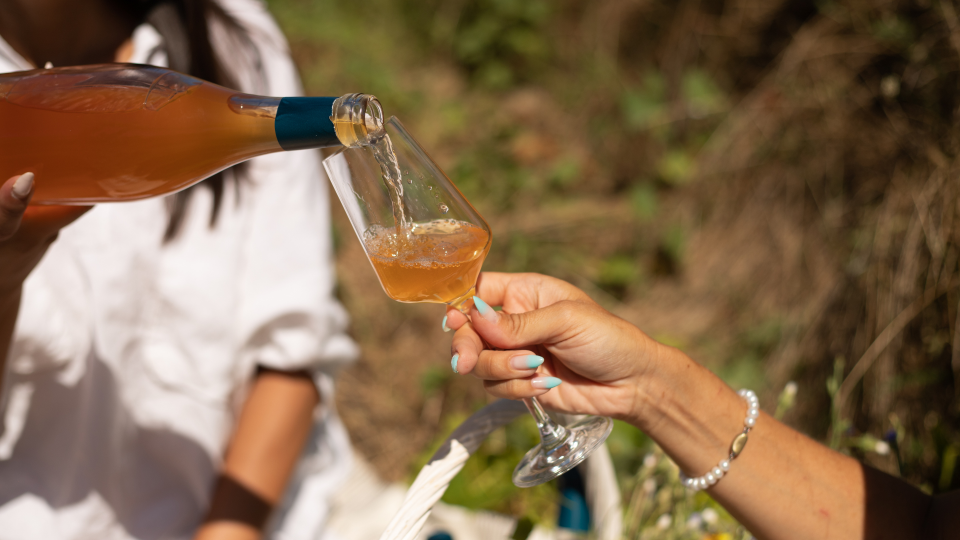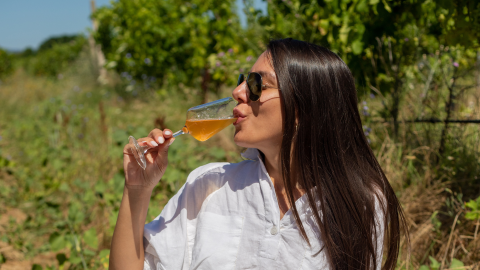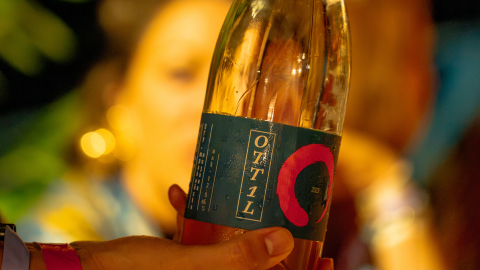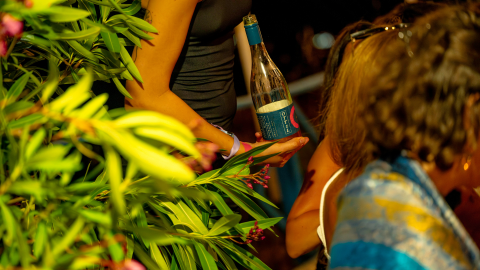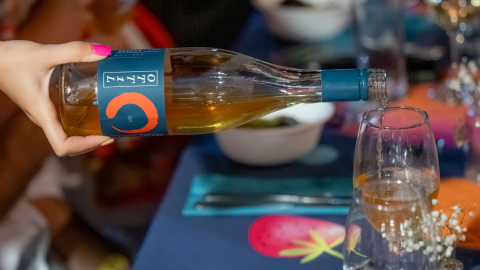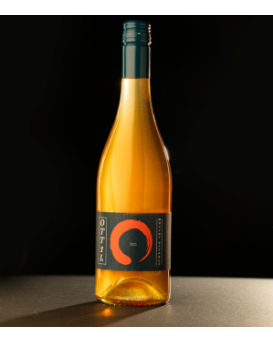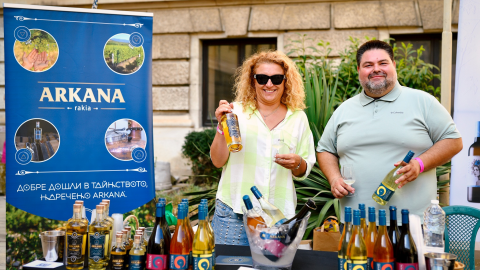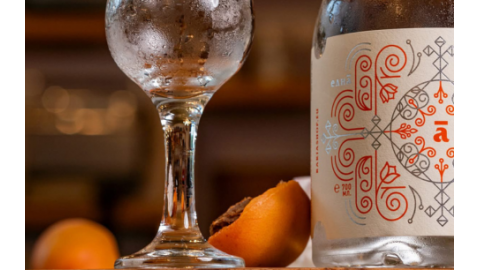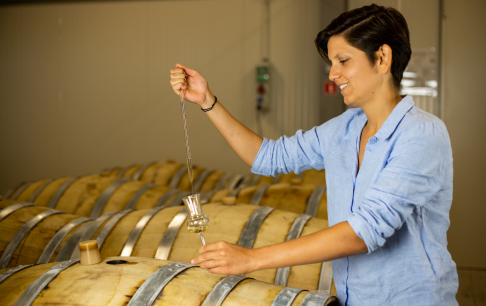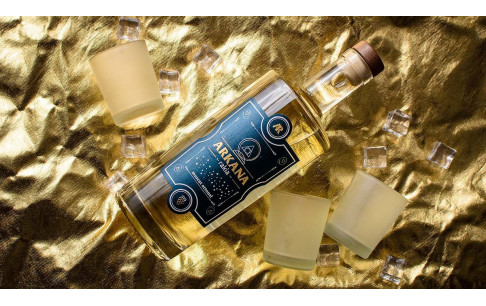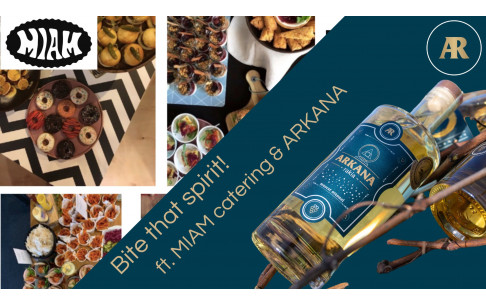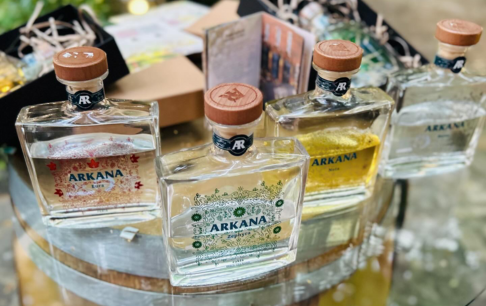An orange extravaganza of flavours and aromas
Ancient technology in modern days
Orange wines are getting more and more popular in recent years - ever since in 1990s several producers in Italy and Slovenia started to work with this technique. It is one of the most ancient ways of making wine in the world. The play on words in the English language can be disconcerting to the uninitiated (almost like rose, which is not a wine made from roses) - orange in the case of the wine indicates not the fruit but the colour - a typical deep amber hue due to the production method. Unlike the rosè wine (made from red grapes, the orange wine is made from white grape varieties by using the red wine production technology. Here usually we have longer contact with the skins, hence the colour, but still the wine officially belongs to the 'white wine’ category.
Production - traditional and modern
The Georgians have undoubtfully mastered this technique and are famous for the most authentic production methods - fermentation in qvevri (large clay pots) buried in the ground and longer contact with the grape skins - up to several months. This of course directly affects the depth and richness of the colour, as well as the full structure in the taste due to the enhanced tannin extraction from the seeds and skins of the grapes. The technology includes wild fermentation (no addition of yeasts) and is recognised by UNESCO as unique and valuable heritage.
Orange is the sea, orange is the sky
The colour of every wine is highly influenced by the technology used throughout the production process - the longer the skin contact, the deeper the colour. In the case of the orange wine, no orange pigments or orange peels are added, all the nuances we see in the glass are due to the temperature regimes used during the fermentation, the maceration (skin contact), and also some degree of oxygen exposure. All these “tools” of this technique determine the intensity of the colour or wether the tannin structure would be more or less pronounced. In most cases over time the orange wine becomes more complex and more stable and the colour intensifies and darkens.
Unique taste and aroma
For wine lovers who are used to white wine being mainly characterised by its fruity aroma and transparent colour, the orange wine can be a surprising experience and even a challenge. It is never described as 'light' and 'fresh', on the contrary - usually the used words are “complex”, “multi-layered", the wine is characterised by its good flavour structure, rich palette of dried fruits, herbs, spices and even sometimes a hint of umami. This richness makes it extremely suitable both for consumption on its own and for pairing with different foods.
Orange wine is not uniformly perceived by every wine lover and in most cases is the cause of polarised opinions. However, it certainly deserves to be given due attention, time and understanding. Like a complex red wine, it evolves in the glass and sustains the consumer's interest.
Still, if you do decide that it's not to your taste, don’t struggle and choose what you like - wine is a matter of personal choice and preference and fortunately there is enough variety in styles. Cheers!



